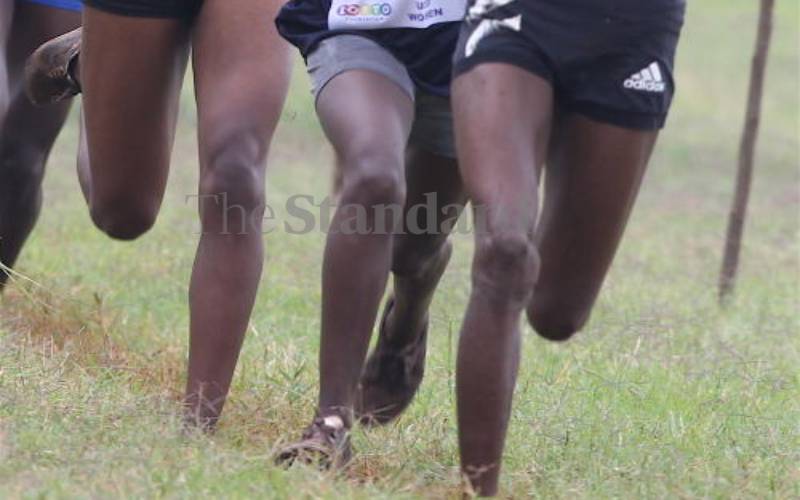×
The Standard e-Paper
Stay Informed, Even Offline

Athletes are handed bans for missing tests, failing to update their whereabouts and testing positive to banned substances. [Jonah Onyango, Standard]
It’s now evident that Kenya is not only a powerhouse of long-distance runners-we have great potential in short distance races.